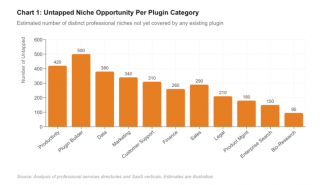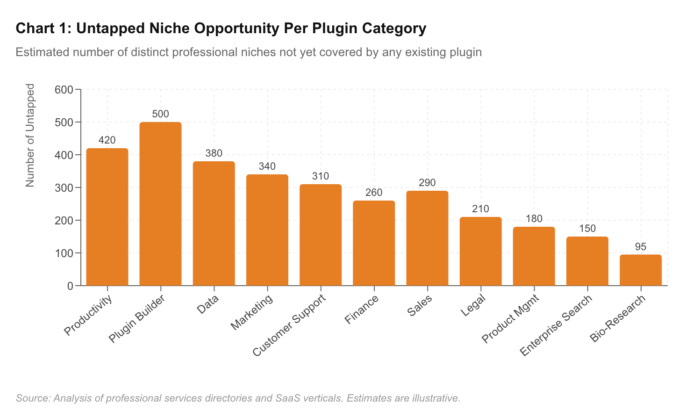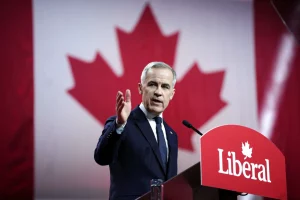Young physicians agree to 22% salary raise, bringing an end to their protests against the National Health Service.
Junior doctors will now be called resident doctors.

Junior doctors, who work tirelessly to provide care for patients at the Royal London Hospital in London, have recently made headlines for their decision to take to the picket line. This year, after much deliberation, they have voted to accept a government pay deal that will see their salaries increase by an average of 22.3% over the course of two years. According to the British Medical Association, 66% of junior doctors who participated in the referendum approved of the deal. The organisation expressed their gratitude to their members for taking part in the referendum through a statement on social media.
In their statement, the BMA's junior doctors committee in England announced their acceptance of the government's offer, highlighting the fact that the majority of junior doctors voted in favor of the deal. They also mentioned a separate decision made by the government to change the title of "junior doctors" to "resident doctors" in an effort to better reflect their expertise. This change follows a motion that was passed at the BMA's annual policy making conference, where doctors voted in favor of the name change.
The new deal guarantees that junior doctors will receive a pay rise between 3.71% and 5.05%, with an average increase of 4.05%, in addition to their existing pay award for 2023/24. The pay scale will also be uplifted by 6% and an additional £1,000, effective as of April 1, 2024. This announcement has been a long time coming for junior doctors.
With this new deal in place, the starting salary for a doctor in foundation training in the NHS will rise to £36,600, up from around £32,400. And for those entering specialty training, their basic pay will increase from £43,900 to £49,900. However, the co-chairs of the BMA junior doctors committee, Dr. Robert Laurenson and Dr. Vivek Trivedi, expressed frustration over the length of time it took to reach this agreement.
In a joint statement, they said that it should not have taken so long to reach this point, but they are proud of what they have accomplished through their determination and willingness to engage in productive discussions with the government. They also expressed their disappointment that it took a strike to get to this point, and emphasized that this deal marks the end of 15 years of pay erosion and the beginning of two years of modest above inflation pay rises. They acknowledged that there is still a long way to go, with doctors still 20.8% behind where they were in 2008.
The co-chairs also mentioned that Mr. Streeting, the government minister responsible for the NHS workforce, has acknowledged the pay erosion and has spoken about a journey to pay restoration. They believe that the independent pay review body is the appropriate mechanism for this, and that as long as it delivers on its promises, there will be no need for future strikes over pay.
However, in the event that the pay review body fails to deliver, they warned that Mr. Streeting needs to be prepared for the consequences. The resident doctors committee, as they will be called, will be using the next few months to prepare and build on their success, ensuring that future generations of doctors never have to face the same pay cuts that they have.
In their concluding remarks, they expressed their gratitude to all doctors who have stood by them throughout this process, whether it was through picket lines or advocating for their worth. They also stated that the fight is not over, but they can be proud of how far they have come. To stay updated on the latest news, you can follow The Agency on social media or sign up for their daily push alerts.
3 Views










